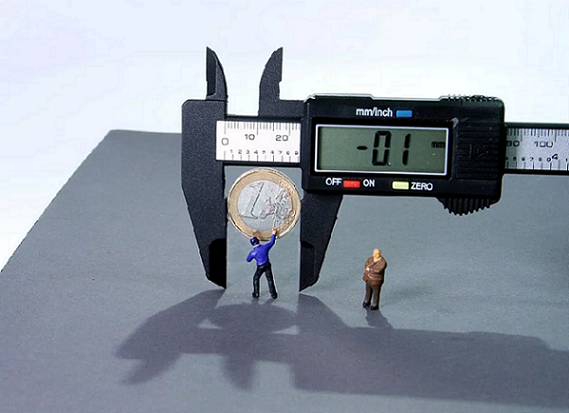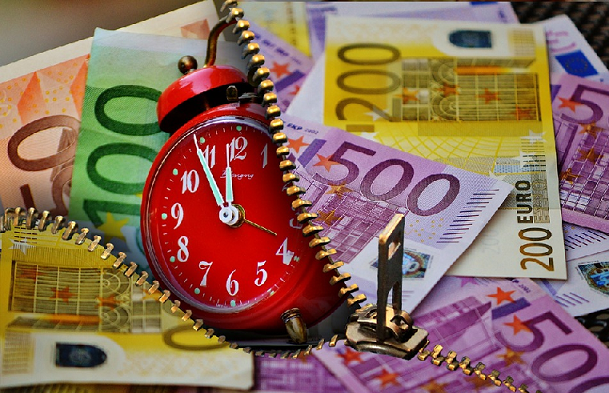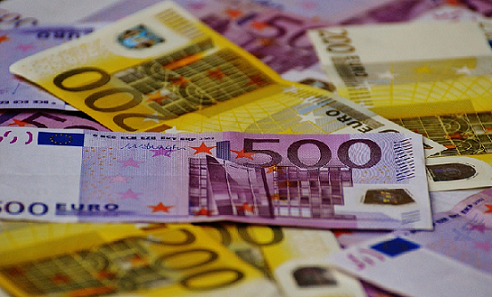Imi amintesc ce zgomot a produs in lumea corporatista prabusirea Enron, care a tras dupa sine disparitia firmei de consultanta si audit Arthur Andersen (una din primele 5 in lume). S-a vorbit atunci de conflicte de interese, ochi inchisi fata de operatiuni neclare si necurate ale Enron, cea care transformase piata energiei din California intr-un veritabil casino. A fost si cazul Parmalat in Italia, tot un mare scandal. De conflicte de interese in lumea consultantei si inadecvata auditare s-a vorbit mult si in criza financiara de acum mai bine de un deceniu, cand si agentii de rating au intrat sub tir pentru note inalte date unor active dovedite “gunoi”.
Șocul pandemiei a îmbrâncit lumea într-o nouă criză severă, sanitară și economică. Chiar dacă peste tot în Europa se intră pe o traiectorie de urcare a activității economice, revenirea va fi anevoioasă, cu mari incertitudini și sechele; multe afaceri sunt puternic lovite și efortul de reparare va dura. Găsim aici explicația pentru care în UE se recurge la un program de redresare de 750 miliarde euro, care s-ar adăuga resurselor prevăzute în cadrul financiar multianual obișnuit. În același timp, măsuri neconvenționale ale băncilor centrale (BCE, Fed, Banca Angliei, Banca Japoniei etc.) au reintrat în atenție prin anvergura lor – fie că avem în vedere achiziții de active financiare (QE), linii de finanțare ultra-ieftine pentru sistemele bancare ce urmăresc impulsionarea creditării.
Pandemia a impus închiderea parțială a economiilor, cu un „efect lacăt”[1] ce înseamnă un declin al activității fără precedent după al doilea război mondial. Numai în țări est europene, după colapsul sistemului comunist, a avut loc o reducere atât de drastică și subită a activității economice, în 1990 – „recesiunea transformațională” cum a numit-o Janos Kornai, mai lovite fiind țările (între care și România) ce au practicat forme foarte rigide ale sistemului până la finele deceniului nouă.
The coronavirus pandemic has stunned Europe, and indeed the entire world. Although the likelihood of this kind of pandemic was sounded off by not a few high-profile voices quite a while ago, its devastating impact reveals how unprepared medical systems and how defective our prevention schemes have been. But, like in times of war, an unprecedented resource mobilisation has been mounted to fight the coronavirus, while governments and central banks have summoned a wide range of tools to mitigate the impact of the lockdowns.
Cresterea veniturilor fiscale cu cateva procente din PIB ar ajuta consolidarea bugetara si ar permite finantarea mai buna a bunurilor publice, inclusiv a cheltuielilor sociale.
BNR nu poate compensa prociclicitatea politicii bugetare decat intr-o masura limitata; aceasta fiindca ar putea accentua dezechilibre externe, ar fi afectata chiar stabilitatea financiara
Can powerful vested interests be overcome? Can all this be achieved within the time span that it appears we have at our disposal in order to obtain our habitat livable? How can we cope with so many disruptions and ruptures simultaneously?
Reformele in mecanismele zonei euro, pentru a o face robusta, sunt salutare pentru tarile care nu sunt inca in Uniunea Monetara. Economia romaneasca are de atins o masa critica de convergenta reala si de realizat consolidare macroeconomica durabila (controlul durabil al deficitelor) pentru a intra in Macanismul Cursurilor de Schimb (ERM2) si apoi, in zona euro.
Reforms in and of the euro area, to make it robust, would be more than welcome in accession candidate countries. As for its part, the Romanian economy needs to achieve a critical mass of real convergence and control its imbalances on a sustainable basis in order to enter the exchange rate mechanism and, after that, join the euro area under auspicious terms.


![“Relaxare cantitativă” (QE) în economii emergente?[i] — precauție și atenție la capcane —](https://opiniibnr.ro/wp-content/uploads/2020/07/yyyyyyyyyyyyyyyyyyyyyyyyyyyyymazk.png)
![Repornirea economiilor și „costurile de tranzacție”[i]](https://opiniibnr.ro/wp-content/uploads/2020/05/yyyyyyyyyglobe.png)



![“Climate change: why policy-makers and central banks need to be increasingly concerned”[1]](https://opiniibnr.ro/wp-content/uploads/2019/12/zzzzzzzzzzzzzzzzzzzzzzzzzzzchanges.jpg)


